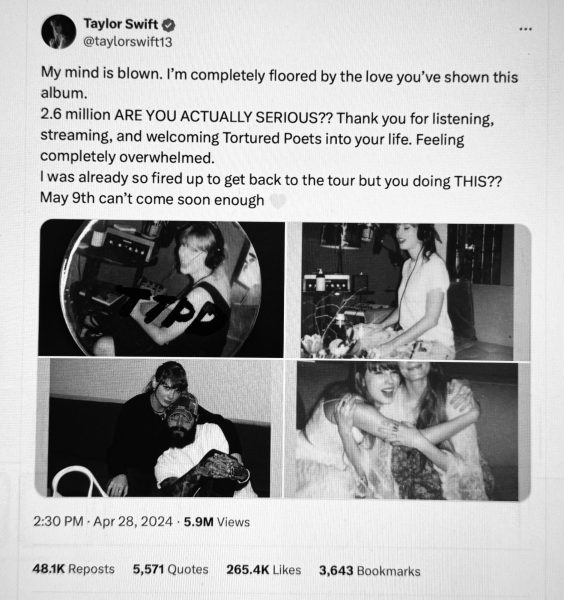College Culture and the Pressure to Succeed
December 11, 2022
When graduating from high school, most people feel a mix of anticipation, excitement, and anxiety. I remember being a senior and getting ready to start what I considered my “real” life in the “real” world. For me, the choice to go to college was an easy one, but I sometimes wonder if that was because of my own desire to continue my education or because that is what I subconsciously knew was expected of me.
There is a subtle societal bias towards attending college. Many people would agree that college is not for everyone, and trade schools and other occupations are other options. Choosing not to go to college is a personal choice that for many people is the right one, so why does it sometimes feel like society does not respect that decision as much as the decision to attend college, and by extension, why are some majors considered “better” than others?
American culture pushes the concepts of grinding, hustling, making something of yourself, and most importantly, making a lot of money. This fast-paced culture starts to affect us in our childhood. Starting from when we are children, we are asked what we want to “be” when we grow up. What, not who as though a profession is meant to define us and give us worth. Many students often develop an unhealthy obsession with achievement early on in their educational careers, using their grades to determine their self-worth or the benefit they offer. Additionally, we are often told repeatedly growing up, especially in high school, that we can do anything we want to do and study whatever we want to study. But who really knows exactly what they want at 18 years old? High school is such a controlled environment with so little freedom and really no sense of agency. It seems strange that we should be expected to choose a trajectory for our life when we have thus far experienced so little of it.
When it comes to college, even though we are told we can do anything we want to, there is always the expectation that our degree should necessarily lead to making money. Tell someone you are an art or history major, and they will frown and ask how you plan to make a living. There is a lot of societal discourse on so-called “useless” degrees because we intrinsically associate the value of a degree with how much money it can potentially make us post-graduation. This makes sense because money is necessary for survival in our society, and because obtaining a degree is, for most people, expensive, they are often considered an investment. While I understand this, I do sometimes wish our society valued humanities as much as we do science and business. As Robin Williams famously quotes in The Dead Poets Society, “medicine, law, business, engineering, these are noble pursuits and necessary to sustain life. But poetry, beauty, romance, love, these are what we stay alive for.”
I think that any route that works for you is the right one. Whether or not that includes a college education. Likewise, if studying something like art history is what you are passionate about, then do not let people tell you it is worthless. There is a wonderful beauty in understanding the arts and humanities on a deeper level, and there are plenty of ways to make money today. If you are determined enough, you can always pick up a skill using resources on the internet and get a job that will pay the bills. Learning about a topic you love is something that will serve you for the rest of your life.
Gabrielle Bossart is a Dakota Student Reporter. She can be reached at [email protected].












